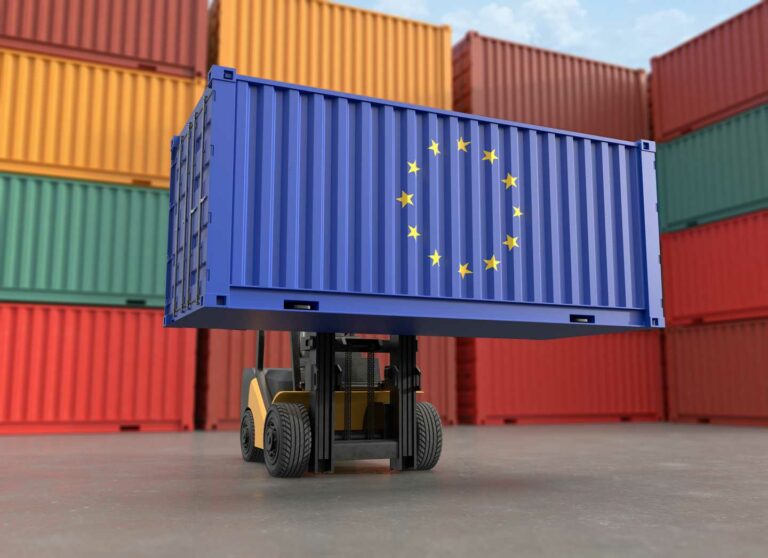Due to the expansion of international trade, VAT (or the Goods and Services Tax in some OECD countries) applied in 165 countries has become an essential source of revenue for states in all regions of the world.
On the other hand, this trade between countries creates increased risks of double taxation and unintentional non-taxation for companies, which has prompted the OECD to create “International VAT/GST Guidelines” to address problems arising from lack of coordination of national systems. In fact, at the end of 2017, the OECD published new recommendations which promote the implementation of international standards to help the digital and rapid transformation of the global economy.
IMPLEMENTATION OF COHERENT INTERNATIONAL STANDARDS FOR THE COLLECTION OF VAT / GST
Following these recommendations, new mechanisms for the effective collection of VAT / GST have been put in place to facilitate the administrative procedures of companies that are not located in the taxation jurisdiction of the countries with which they trade. These new directions have already been successfully implemented by a large number of countries in Europe, Asia, North and South America.
These mechanisms are based on the good practices deployed by the courts to facilitate the reporting and collection of VAT by foreign companies when they carry out international sales B2C.
THE MINI ONE STOP SHOP (MOSS) IN THE EU
Here is an example to illustrate this efficient mechanism for VAT collection: the mini one-stop-shop (MOSS) set up in the European Union to declare VAT for companies providing services and intangible goods, was successful, because of the revenue collection that was over € 3 billion at the end of the first year of operation, the equivalent of 70% of international B2C supplies.
The effective and consistent implementation of VAT collection mechanisms contributes to voluntary compliance with tax rules, which also reduces administrative costs through the digitization of declarative procedures.
In this context of evolution and regulation of international trade, it is important for companies involved in e-commerce to anticipate these changes in order to adapt their activities to the new standards, which will be implemented in the context of OECD recommendations for the states in which they will trade.
If you have questions about your administrative procedures or you need to manage your taxable transactions, you can contact ASD Group’s experts who will bring you a tailor-made solution for your international development.




